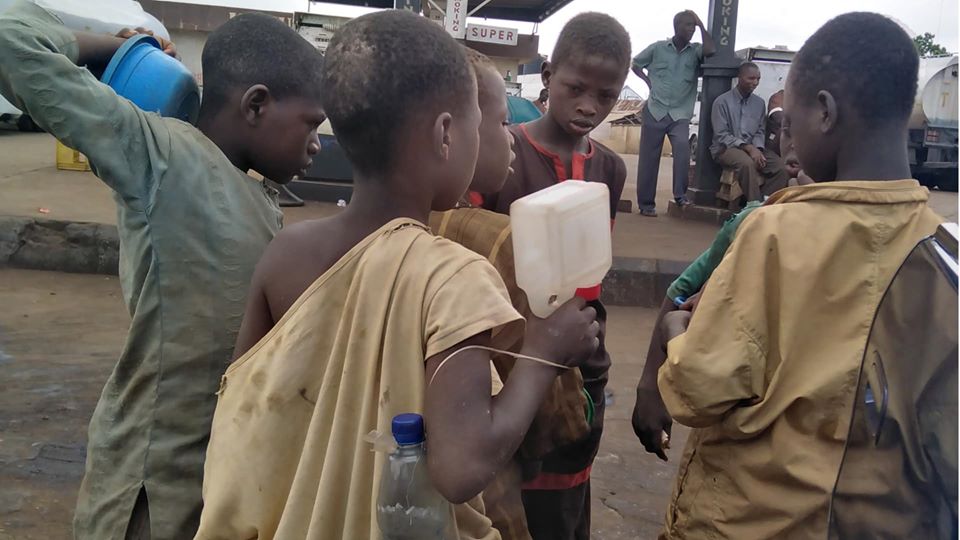There are no products in your shopping cart.
| 0 Items | £0.00 |


NIGERIA'S federal government has commenced plans to educate over 10m out-of-school children in different parts of the country under the Alternate School Programme (ASP) aimed at eradicating illiteracy.
At the moment, Nigeria has the highest number of out-of-school children in the world, which has spiralled a crime wave across the country. As a result, terrorism, kidnapping, armed robbery, banditry and rape are on the rise across the country, forcing the government to look into ways of resolving the crisis.
Humanitarian affairs, disaster management and social development minister Ms Sadiya Farouq, disclosed this yesterday at the second meeting of the National Steering Committee of the ASP. She added that the meeting was in line with the directive that was issued by President Muhammadu Buhari that all Nigerians of school age must acquire basic education.
Ms Farouq said efforts were currently ongoing in collaboration with the education ministry to identify and engage the children and collate data from the National Bureau of Statistics, which said recently that there were over 10m out-of-school children in the country. She also appealed to the steering committee to quickly adopt and ratify the Concept Note to enable them to forge ahead as swiftly as possible after spending last few weeks in engagements with various stakeholders for the successful implementation of the programme.
“Let us all remain mindful that the ASP possesses the potential for every child to gain access to quality education, irrespective of social, cultural or economic standing, as well as provide a means of improving household incomes for their respective families, through the federal government’s Social Investment Programmes, as delivered through the Ministry of Humanitarian Affairs, Disaster Management and Social Development. It also seeks to equip children with the requisite skills and wherewithal to engage with and contribute meaningfully to the Nigerian economy.
“However, we must all keep in mind that leadership and strategic direction remain critical to ensuring that this laudable concept can be brought to fruition. Thus, the significance of each of the members of the national steering committee in providing the necessary leadership for the success of the programme cannot be overemphasised and, as charged by Mr President, the success of the ASP will rely largely on inter-ministerial collaboration and effective stakeholder engagement,” Ms Farouq added.